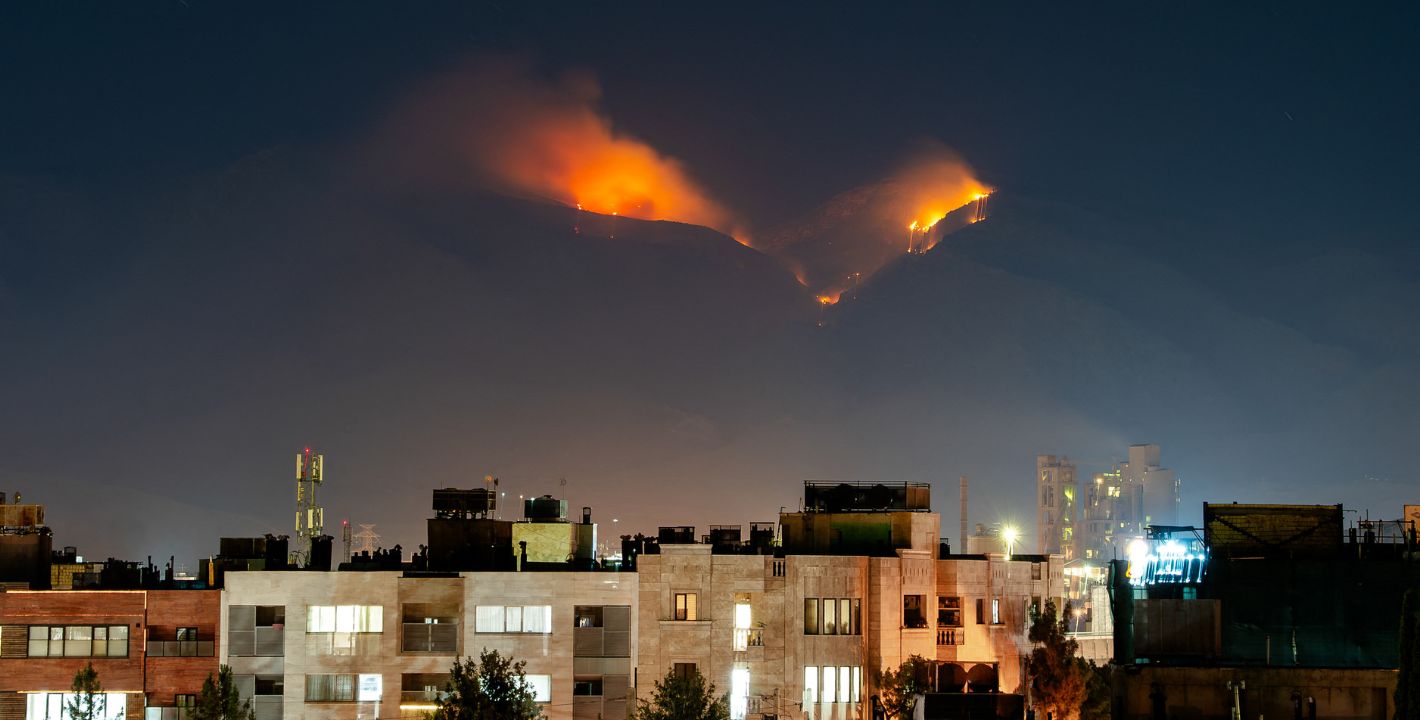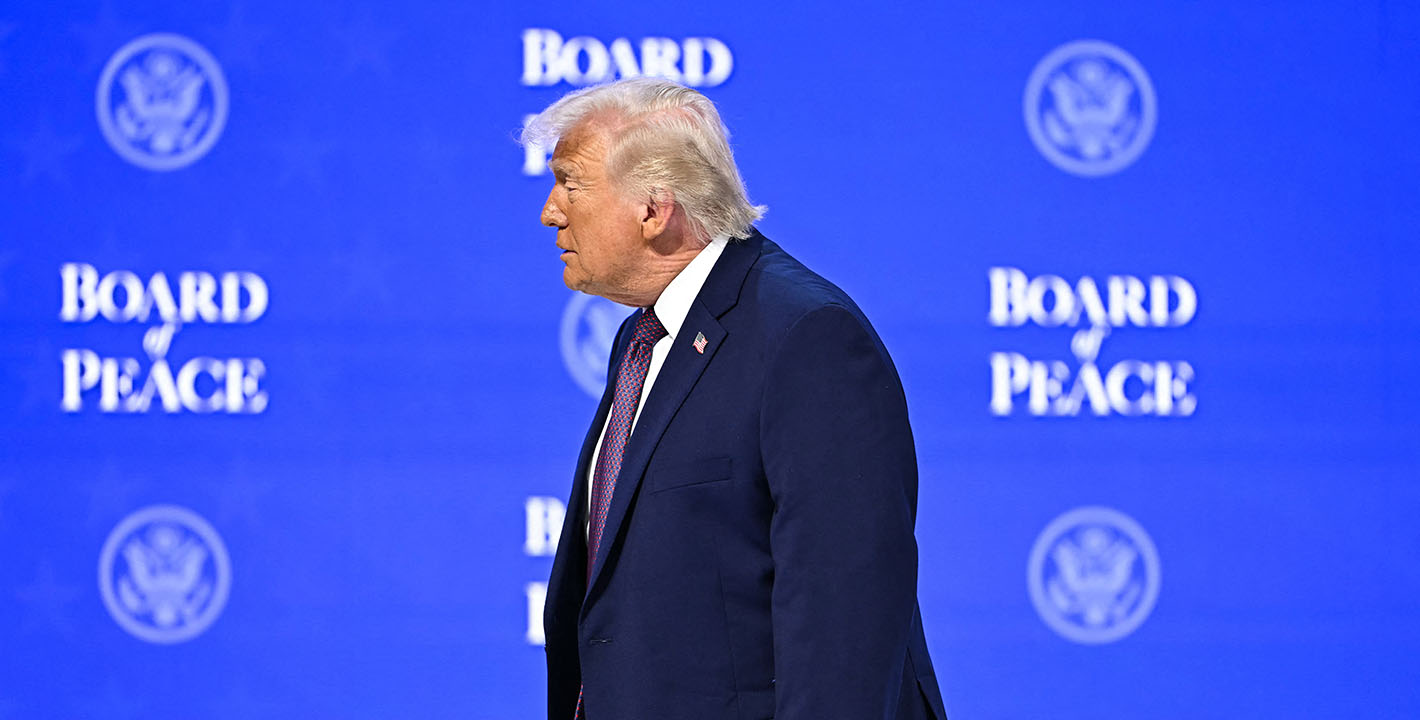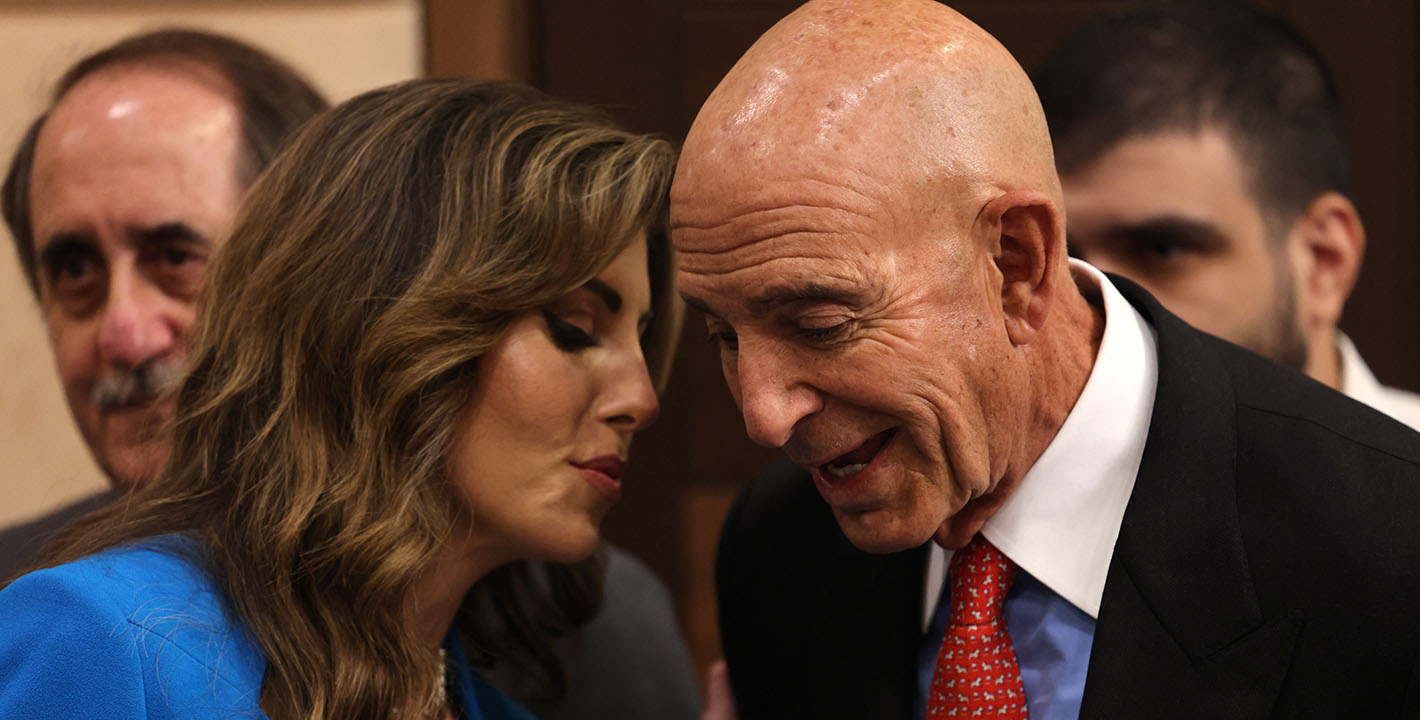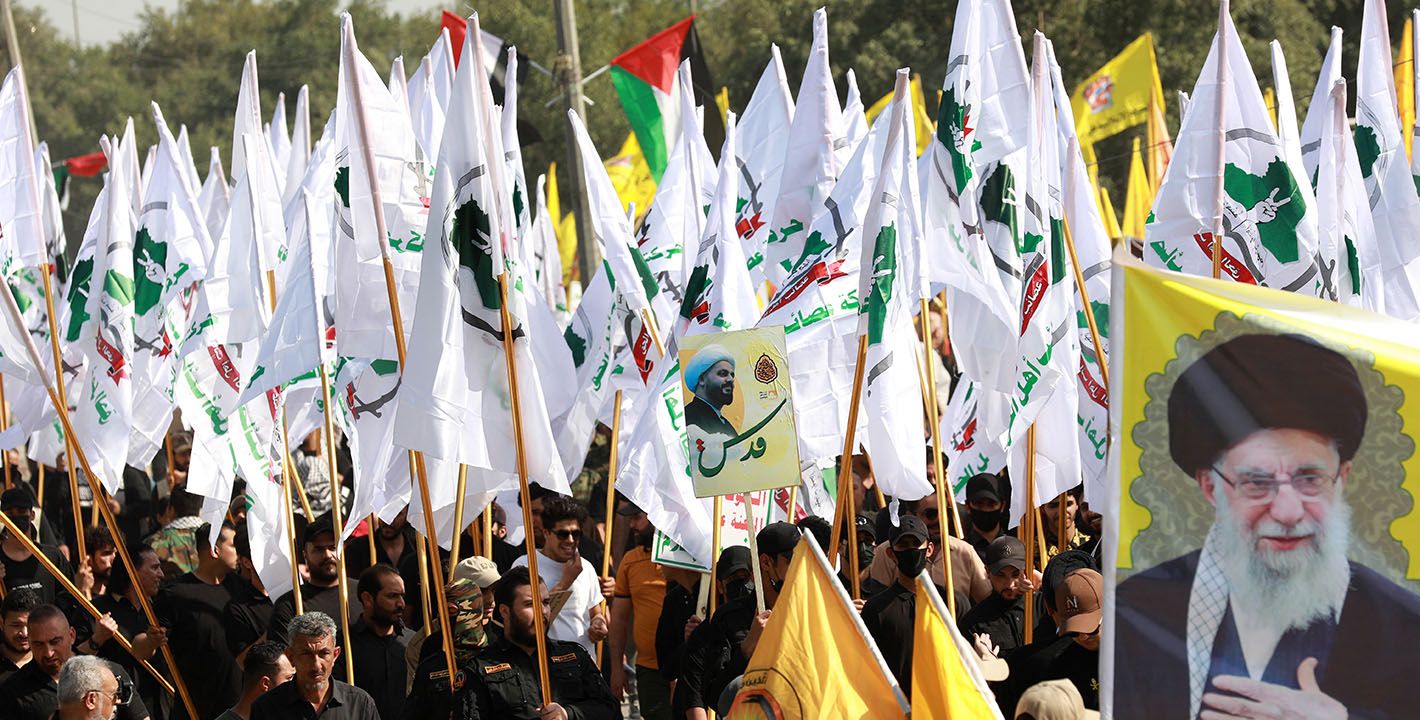Francesco Siccardi
{
"authors": [
"Francesco Siccardi"
],
"type": "commentary",
"blog": "Diwan",
"centerAffiliationAll": "dc",
"centers": [
"Carnegie Endowment for International Peace",
"Carnegie Europe",
"Malcolm H. Kerr Carnegie Middle East Center"
],
"collections": [],
"englishNewsletterAll": "menaTransitions",
"nonEnglishNewsletterAll": "",
"primaryCenter": "Malcolm H. Kerr Carnegie Middle East Center",
"programAffiliation": "MEP",
"programs": [
"Middle East"
],
"projects": [],
"regions": [
"Middle East",
"Israel",
"Türkiye"
],
"topics": [
"Political Reform"
]
}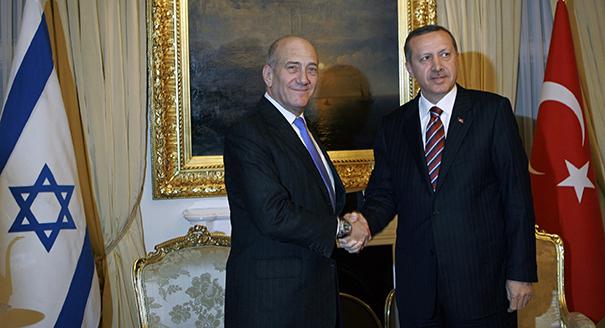
Source: Getty
An Energetic Rapprochement?
As Israel’s president prepares to visit Turkey, the two countries have much to discuss that is mutually beneficial.
Israel’s President Isaac Herzog will visit Turkey on March 9–10, marking a thaw in relations between the two countries after a decade of animosity. The visit is a further step in the normalization of relations between Turkey and its former regional competitors. It follows Turkish President Recep Tayyip Erdoğan’s recent trip to the United Arab Emirates (UAE).
The Israeli-Turkish rapprochement has significant regional implications and could benefit both parties. Turkey and Israel see eye to eye on many key issues. In the context of Russia’s invasion of Ukraine, they have both been supportive of Kiev while trying not to alienate Russian President Vladimir Putin. Both Turkey and Israel benefit from a positive relationship with the Kremlin that allows them, for example, to strike their enemies in Syria—respectively, the Kurdish People’s Protection Units (YPG) and Hezbollah and other Iranian proxies. In Syria and beyond, they both regard Iran as a threat.
In terms of the bilateral relationship, for Israel the priority is that Ankara curtail the support it provides to Hamas, which has offices in Turkey. For Turkey, in turn, regional rivalries are becoming unsustainable. The country’s economy is shattered by one of the worst crises of the last two decades and Ankara finds itself relatively isolated from the West. A general election is scheduled to be held in the next sixteen months, and Erdoğan has repositioned the country on a more moderate international path in an attempt to gather the resources needed to right the economic ship.
The war in Ukraine is not making things easier for Turkey, which is dependent on Russia for tourism revenues and energy. The tourist season was expected to provide decisive resources to fix state finances. Now, this is almost inevitably compromised. The conflict is also leading to increased prices for key Turkish imports such as natural gas and wheat, which are likely to plunge the country deeper into an inflationary crisis.
In this scenario, cooperation with Israel might provide an unlikely lifeline. The two countries have a fruitful history of bilateral trade and tourism, and Israel has become a natural gas power in recent years. Israeli gas could provide Turkey with a valuable additional source of energy, something that bodes well with Ankara’s longtime objective of reducing the share of natural gas from Russia. For this reason, Erdoğan has repeatedly indicated that gas and energy cooperation is a prime motivation for improving bilateral ties with Israel. What is more, Herzog’s visit comes at a moment of opportunity in the Eastern Mediterranean.
For many years, countries in the Eastern Mediterranean have been arguing over the boundaries of territorial waters and exclusive economic zones (EEZs), as well as the status of Cyprus. The discovery of natural gas reserves since 2009 has exacerbated regional rivalries. In 2019, Cyprus, Egypt, France, Greece, Israel, Italy, Jordan, and Palestine established the EastMed Gas Forum to bring natural gas to Europe through Cyprus via the EastMed Pipeline—a project from which Turkey was excluded.
The European Union’s transition away from fossil fuels, however, means that Europeans are less and less interested in importing natural gas from the Eastern Mediterranean. Last January, the United States’ decision to withdraw its support for the EastMed pipeline sealed the fate of the project, thus removing one of the main items of regional contention.
A regional détente in the Eastern Mediterranean is good news for Ankara. By reaching out to Israel, it could further invest in its—so far successful—strategy to diversify away from Russian gas. Diversification of energy imports is crucial for Turkey, a country that imports almost all the energy it consumes and has recently experienced energy shortages. In the last twelve months, the depreciation of the Turkish lira has triggered energy hikes of up to 127 percent for Turkish households, and of up to 400 percent for the industrial sector.
But while cooperation with Israel on energy matters is crucial, the timeline remains tentative. A new Israel-Turkey pipeline would be a costly project that would only become operational in a few years. The same is true for the exploitation of recent natural gas discoveries in Turkey’s EEZ in the Black Sea. Erdoğan’s plan of engaging in a joint effort with Israel to transport natural gas to Europe would hit up against such problems.
Moreover, the European Union remains focused on its objective of eliminating all hydrocarbons from its energy basket by 2050. Even if green finance criteria extend to natural gas to ease Europe’s transition toward climate neutrality, there is no momentum for building new, expensive natural gas pipelines. In the decades to come, the ability to produce renewable energy and to transport it to Europe will be critical as EU member states move away from carbon. Turkey could adopt a longer-term vision and invest in renewables—from wind farms to green hydrogen—and in building interconnections with its neighbors.
These are topics about which Erdoğan and Herzog will have much to discuss. In March 2021, Turkey protested with the governments of Cyprus, Greece, and Israel against the planned construction of the EuroAsia Interconnector, an undersea power cable that will link up the Israeli and Greek electricity grids, going through Cyprus. The cable should become operational by 2025, but it crosses an area that Turkey claims as its continental shelf. Any future cooperation between Israel and Turkey, be it on gas or electricity, will have to resolve disputes between Turkey and Cyprus over their respective EEZs.
Green tech could be another area of convergence between the two leaders. Israel is a leader in the sector, in which it already has collaborations in place with Saudi Arabia and the UAE. Scaling up environmental cooperation would also go a long way in the eyes of the United States. A thaw in relations between Turkey and Israel, and in the Eastern Mediterranean at large, would be welcome news in Washington—a further consequence of the process of regional normalization kickstarted by the Abraham Accords.
What remains to be seen is whether Turkey and Israel will be able to sustain their rapprochement. After diplomatic relations deteriorated in 2010–2011, the two countries alternated between periods of closer partnership and cold relations. While Erdoğan seems committed to his opening and Israel is cautiously optimistic, specific progress in relations will have to be checked against harder tests.
About the Author
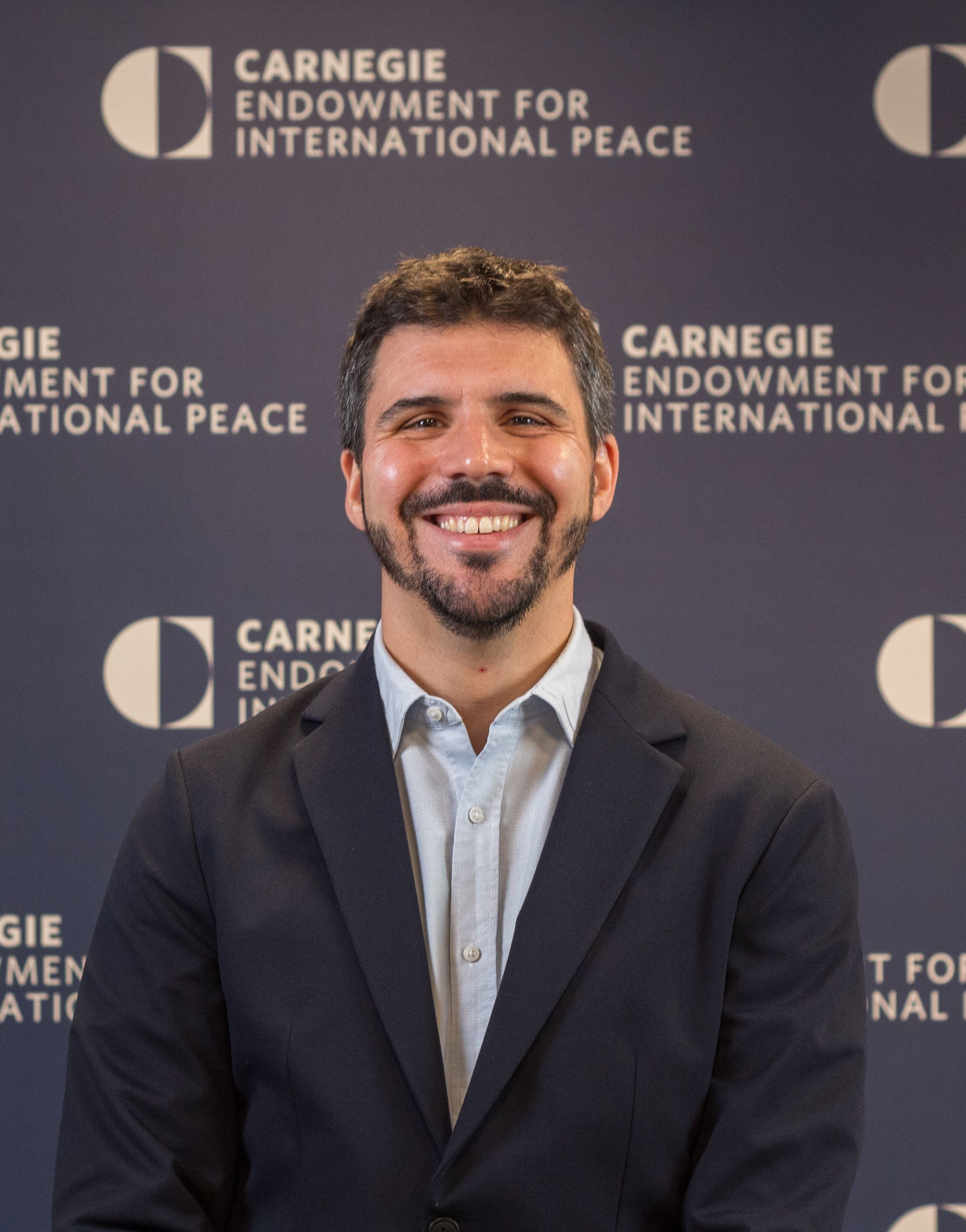
Francesco Siccardi
Deputy Director, Carnegie Europe
Francesco Siccardi is deputy director at Carnegie Europe.
- How EU Foreign Policy Turned RegionalPaper
- Turkey’s Ambivalence Is a Threat to European SecurityCommentary
Marc Pierini, Francesco Siccardi
Recent Work
Carnegie does not take institutional positions on public policy issues; the views represented herein are those of the author(s) and do not necessarily reflect the views of Carnegie, its staff, or its trustees.
More Work from Diwan
- Axis of Resistance or Suicide?Commentary
As Iran defends its interests in the region and its regime’s survival, it may push Hezbollah into the abyss.
Michael Young
- Iran and the New Geopolitical MomentCommentary
A coalition of states is seeking to avert a U.S. attack, and Israel is in the forefront of their mind.
Michael Young
- All or Nothing in GazaCommentary
Implementing Phase 2 of Trump’s plan for the territory only makes sense if all in Phase 1 is implemented.
Yezid Sayigh
- A Mechanism of CoercionCommentary
Israeli-Lebanese talks have stalled, and the reason is that the United States and Israel want to impose normalization.
Michael Young
- The Hezbollah Disarmament Debate Hits IraqCommentary
Beirut and Baghdad are both watching how the other seeks to give the state a monopoly of weapons.
Hasan Hamra




